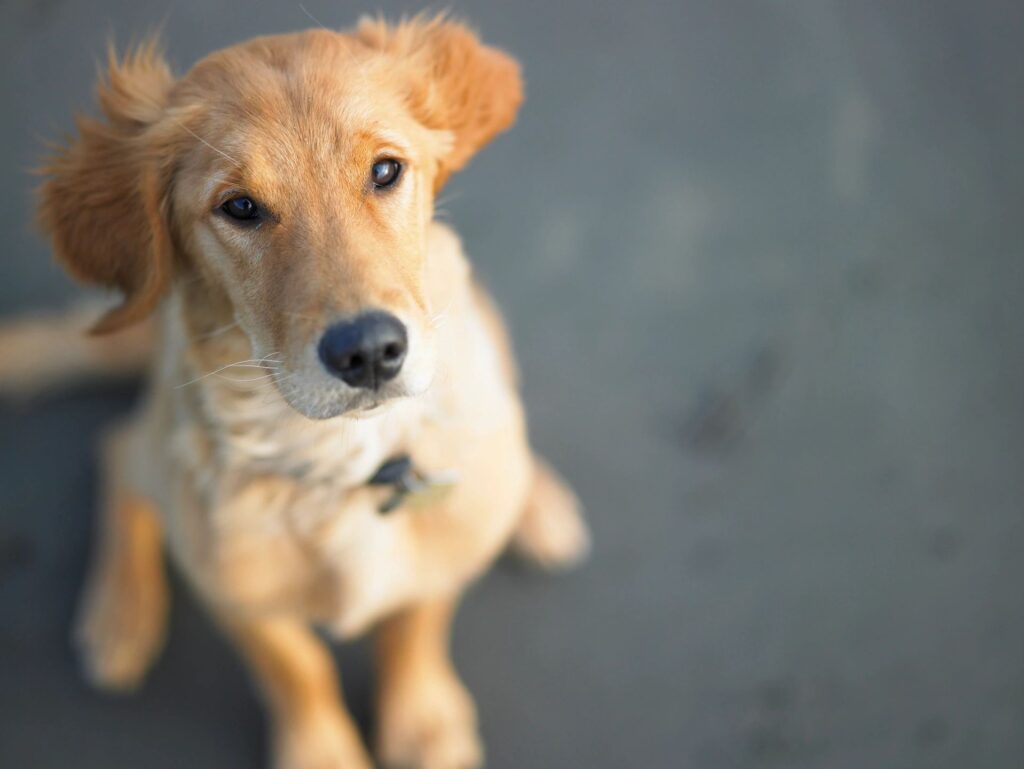The average dog cannot be a service dog.
Your choice of dog – from general aspects such as the breed to the specifics of which puppy from which litter – can make or break your success in your goal to raise your own service dog.
Service dogs are not pets in vests. A service dog is a unicorn of a dog – an animal that has the resilience, confidence, extroversion, common sense, and emotional intelligence to accompany a disabled person into any situation and not only feel good about it, but have enough emotional resources available to assist that person with their disability.
It just isn’t a job that most dogs want or can do well. Nor is this something that can be trained.
If service dog success depending on training, all of the major charities would have close to 100% success rates. But they do not.
Even with careful breeding programs, most schools achieve between 40-60% success with their dogs and this is far above the rates that schools working with less carefully bred lines achieve.
75% of raising a service dog comes from bringing home the right dog.
So, when you’re thinking of raising your own dog, please choose very carefully.
First, Consider The Breed
What job do you want the dog to do? Does it require a particular sense – a good eye, a good ear, or a good nose, for example?
Now, can you look for a breed that is known to excel at this type of job?
Next, consider the type of environments you may ask the dog to enter. What type of personality will do well in that environment? Does it take an active dog, or a chill-out kind of dog? If you need a dog to snooze under the desk while you work, or to sit through long board meetings, look at dogs that tolerate boredom well and don’t need a lot of stimulation.
Look at others in similar circumstances to you, especially service dog charities who train dogs for your particular disability. What breeds of dog do they use?
When In Doubt, Consider A Retriever.

There’s a reason that service dog schools use retrievers. Bred to withstand gunfire and icy lakes, the easy-going labs and goldens of the world can often handle noisy and uncomfortable environments with ease, and will throw themselves heart and soul into any task you ask of them.
Then Find The Right Breeder
When we say “breeder”, we mean the person who will be with the mother dog during whelping, and caring for mama and the puppies until they are old enough to go to their new homes.
Health
Have the mother and father been tested for genetic diseases? Have they had their joints examined by xray and approved by either PennHip or OFA? What other steps has the breeder taken to ensure that the puppies will be healthy and strong? A disabled dog can be a wonderful and lovable pet but should not work as a service dog.
Temperament
Are the mother and father available for you to meet? What sort of environment do they live in? Can they relax and be confident and happy in busy, noisy public environments? Do they love children? Do they mind loud noises? Are they suspicious of weird-looking people? Ask detailed questions specific to the life of a service dog. Dog temperaments are inherited and DNA cannot be changed.
A dog who is happy and calm on a quiet farm means very little. But if the dog LOVES dog shows and get excited when she knows she is going to one? Now that’s a potential service dog mama!
Training
Believe it or not, how much the parent dogs have been trained matters very little. In fact, if the dog has been very heavily trained, this could hide personality problems… that will still show up in the puppies! Ask the breeder if the dog needed a “firm hand” or a lot of training, or if they were a “natural” who learned very easily. You don’t want a pup from a dog who needed a lot of training just to become a well behaved pet.
Neurostimulation
The final thing to look at is how the puppies are raised by the breeder. The early weeks and months of life are critical to proper brain and stress system development. The breeder should have a detailed program of enrichment and stimulation for the puppies starting from birth and including (but not limited to) different textures and surfaces, car rides, sleeping in crates, walking on leash and other key canine experiences.
Just a clean, warm whelping box in the kitchen is not a good enough start for a service dog!